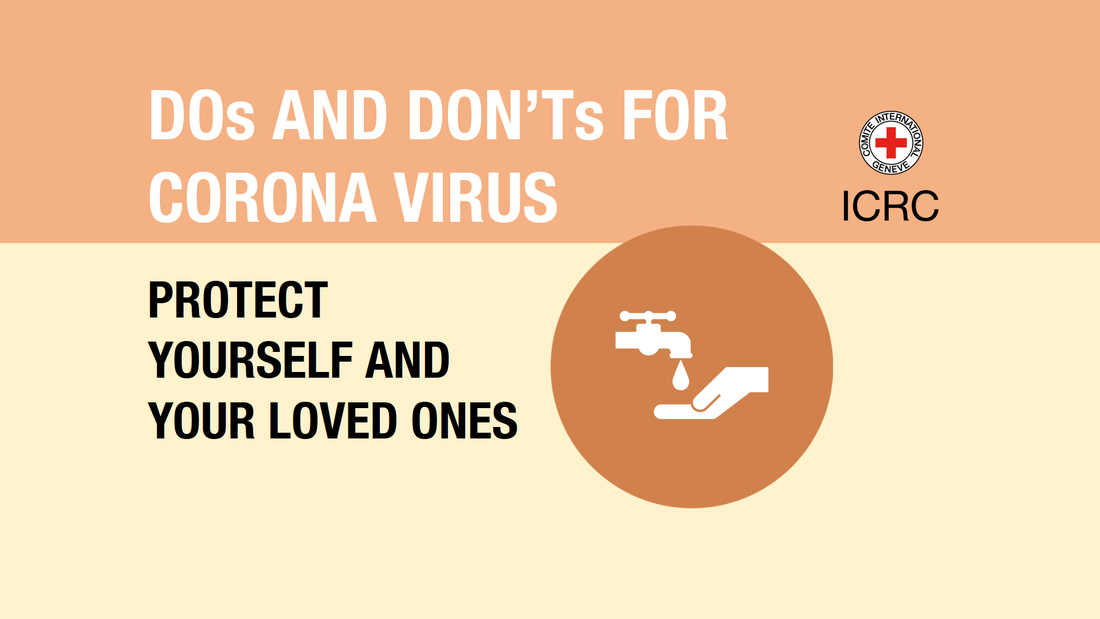Coronavirus has affected people all over the world and its fast spread has led to a crisis. With accurate information and precautionary measures, individuals can protect themselves and their loved ones.
According to the World Heath Organization, Coronaviruses (CoV) are a large family of viruses that cause illness ranging from the common cold to more severe diseases. What we see around us today is the Coronavirus disease (COVID-19) – a new strain that was discovered in 2019 and has not been previously identified in humans.
Common signs of infection range from respiratory symptoms, fever, cough, shortness of breath and breathing difficulties. Most people who become infected experience mild illness and recover, however, in more severe cases the infection can cause pneumonia, severe acute respiratory syndrome, kidney failure and even death.
Certain dos and dont’s are key to preventing the spread of Covid-19:
· Wash your hands frequently
Regularly and thoroughly clean your hands with an alcohol-based hand rub or wash them with soap and water.
· Maintain social distancing
Maintain at least 1 metre (3 feet) distance between yourself and anyone who is coughing or sneezing, and wear a mask if it is necessary for you to go out. When someone coughs or sneezes they spray small liquid droplets from their nose or mouth which may contain virus. If you are too close, you can breathe in the droplets, including the COVID-19 virus if the person coughing has the disease.
· Avoid touching eyes, nose and mouth
Hands touch many surfaces and can pick up viruses. Once contaminated, hands can transfer the virus to your eyes, nose or mouth. From there, the virus can enter your body and can make you sick.
· Practice respiratory hygiene
Make sure you, and the people around you, follow good respiratory hygiene. This means covering your mouth and nose with your bent elbow or tissue when you cough or sneeze. Then dispose of the used tissue immediately.
· If you have fever, cough and difficulty breathing, seek medical care early
Seek immediate medical attention if you experience any of these initial symptoms: cough, fever, difficulty breathing. Follow the directions of your local health authority.
Find out more about the Red Cross COVID-19 response in India.
Learn about the safety measures for persons with disabilities.
Follow the International Federation of Red Cross and Red Crescent Societies (IFRC) and the World Health Organization (WHO) for more information.
Helplines for India, Nepal, Bhutan and the Maldives:
India: 011-23978046 and 1075
Nepal: 9851255839 / 9851255837 / 9851255834
Bhutan: 2121 (toll-free)
Maldives: 1676 (toll-free)




Knowing all the information will help keep yourself and everyone else safe from coronavirus.